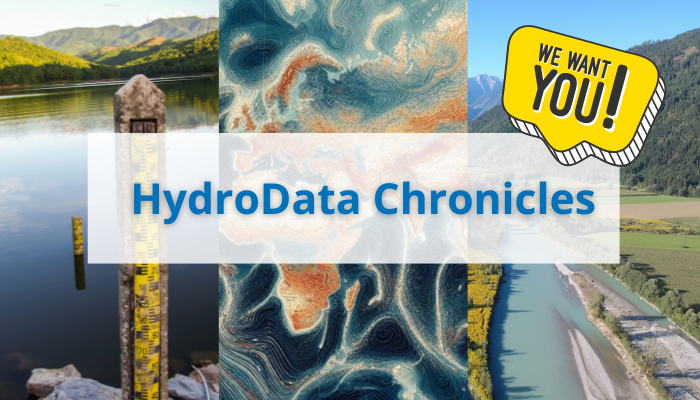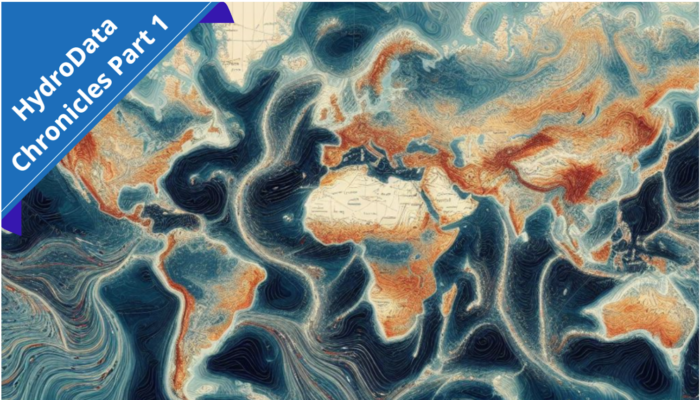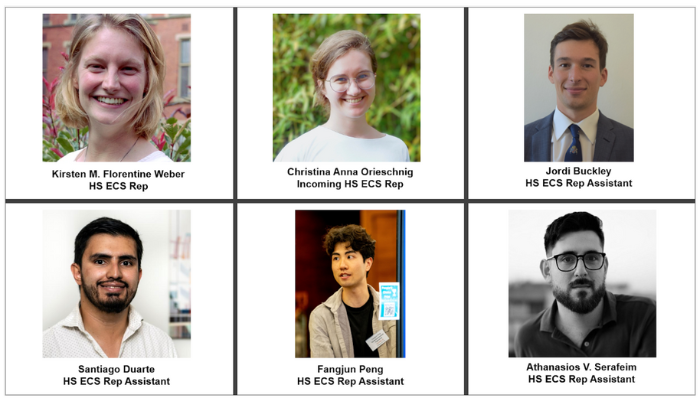Welcome back to the HydroData Chronicles, where we uncover the hidden stories within hydrological data! In our last post, we explored a novel high-resolution, 40-year rainfall dataset covering the Contiguous United States (CONUS), developed developed by Emmanouil et al. in 2021. This time, we dive into the world of precipitation datasets with a promising new tool: the pRecipe package developed by ...[Read More]
Call for Blog Contributions: The HydroData Chronicles
We’re thrilled to announce the launch of our newest blog series dedicated to exploring the fascinating world of hydrological datasets. Join us on this exciting journey as we uncover the hidden stories within hydrological data. By highlighting cutting-edge research, insightful analyses, and captivating data, we aim to shed light on the intricacies of hydrology and draw your attention to dat ...[Read More]
HydroData Chronicles: A High-Resolution 40-Year Rainfall Dataset Covering the Entire Contiguous US
Welcome to our new blog-series focused on exploring the vast, yet fascinating world of hydrological datasets: HydroData Chronicles! Throughout this series, we embark on a journey through the intricate backend of hydrology, where data serves as the cornerstone of our understanding of water resources, as well as their potential impact on scientific research and policy-making. Join us as we navigate ...[Read More]
Meet the Hydrological Sciences (HS) Early Career Scientist (ECS) Team
Who Are We? At the forefront of hydrology’s fascinating world, there is a dynamic group of young scientists passionate about understanding the complexities of water in all its forms: The HS Early Career Scientists (ECS) from the European Geosciences Union (EGU). The HS ECS team is a heterogeneous, multidisicplinary and devoted group of passionate individuals from diverse geographical locations wo ...[Read More]




